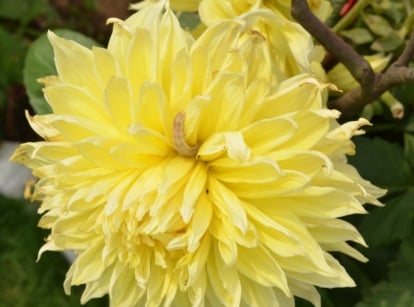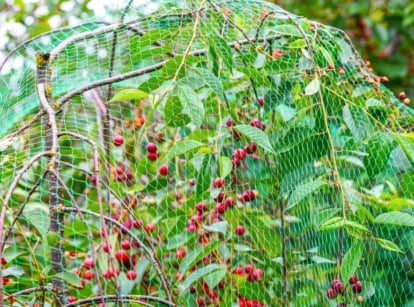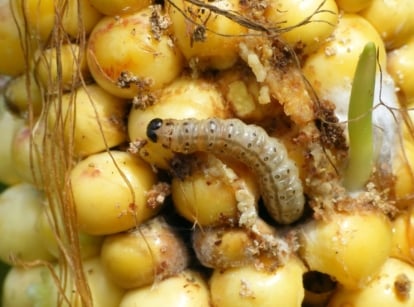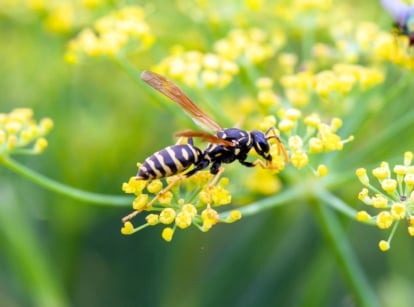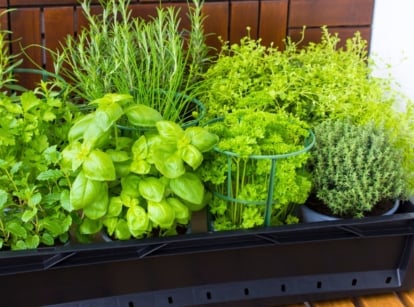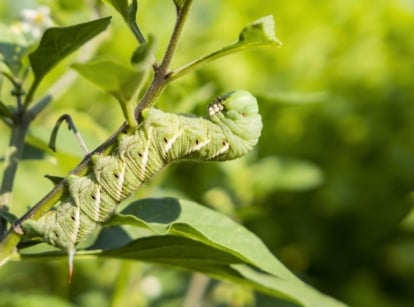
9 Plants That Repel Tomato Hornworms
Tomato hornworms make quick work of devouring otherwise healthy tomato plants. While the North American natives become pollinating hawkmoths, their work on our crops leads to fruit loss. To deter the hearty caterpillars, implement tomato companions with pest-repelling qualities. Gardening expert Katherine Rowe outlines favorites that contribute to a balanced garden system.
